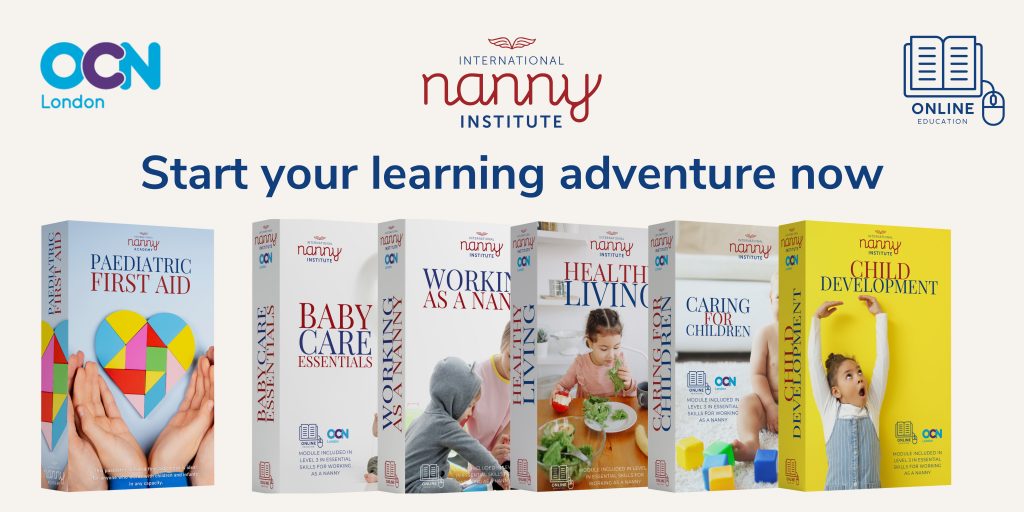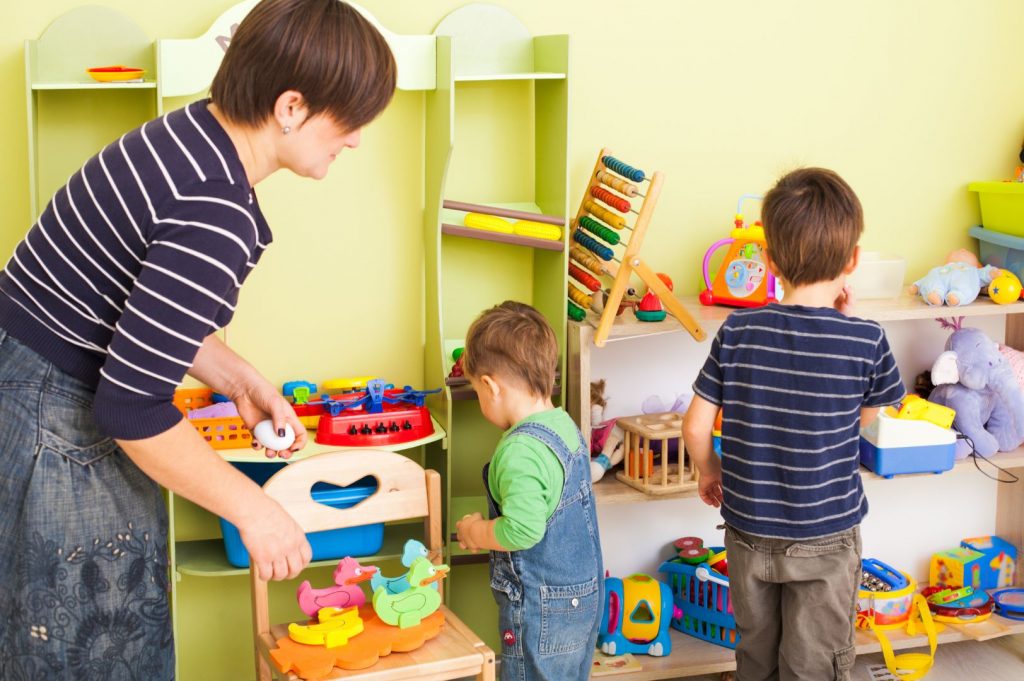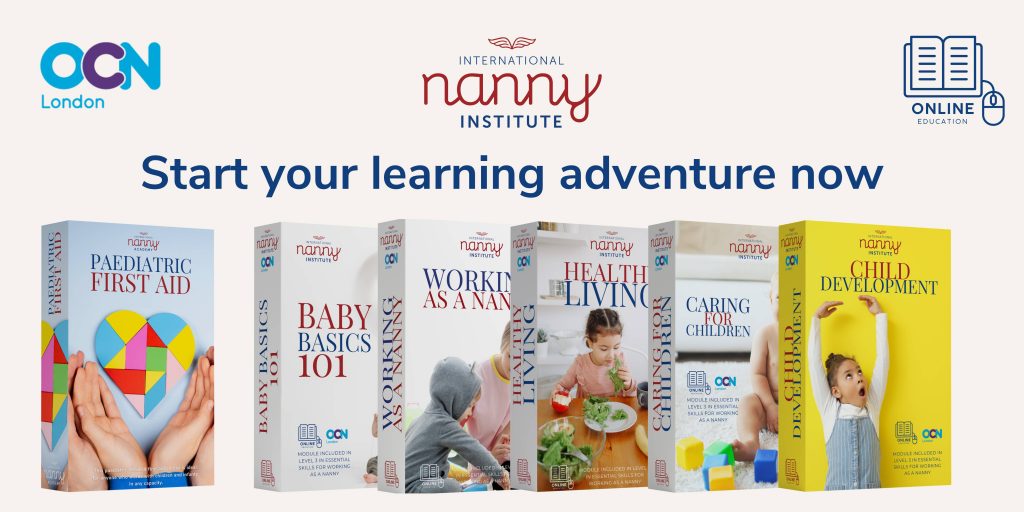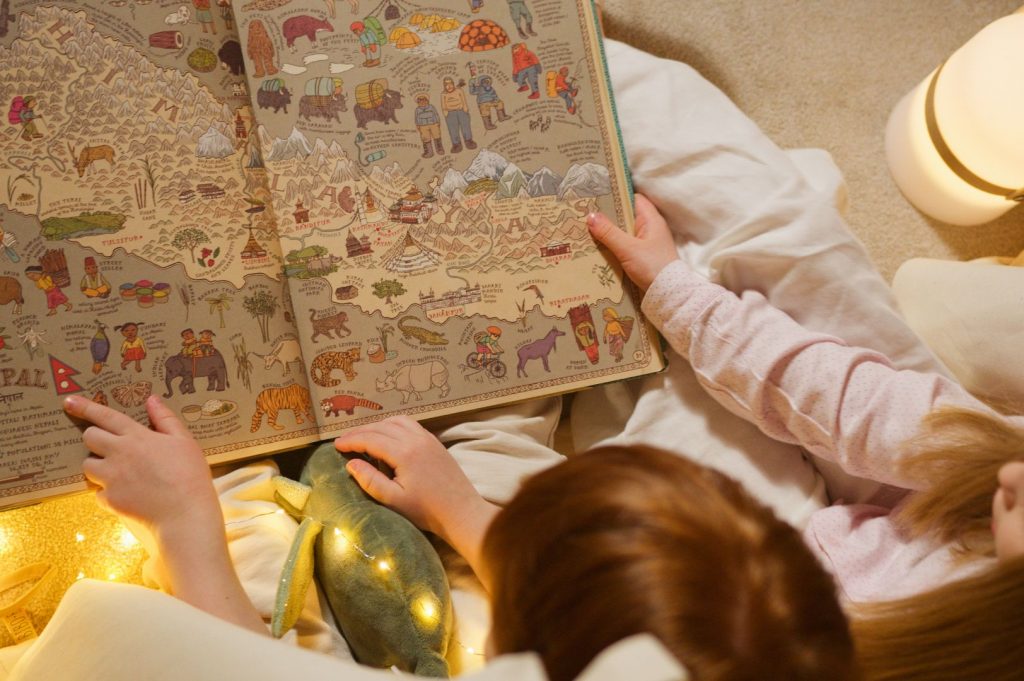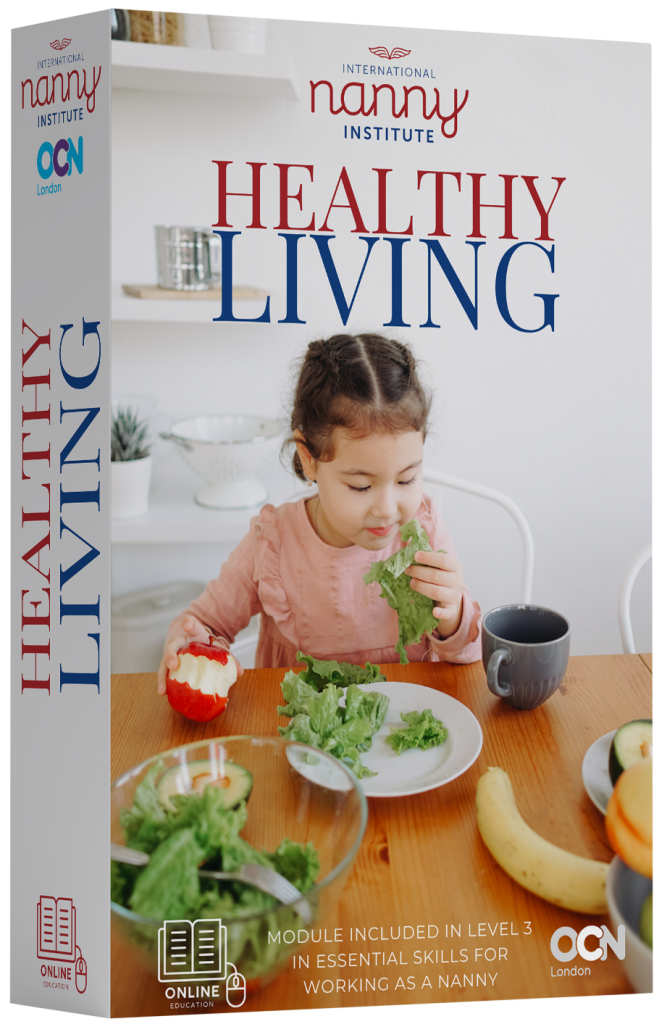One of the essential skills a toddler should learn in their early stages of life is how to dress themselves. This skill has numerous benefits, including fostering independence, developing fine motor skills, and relieving the burden for parents. The process of learning to dress can be challenging for some children, making it necessary for nannies to assist in developing this skill. In this blog post, we will explore different methods and techniques nannies can use to help toddlers learn how to dress themselves at their pace.
Start with Simple Clothing Items
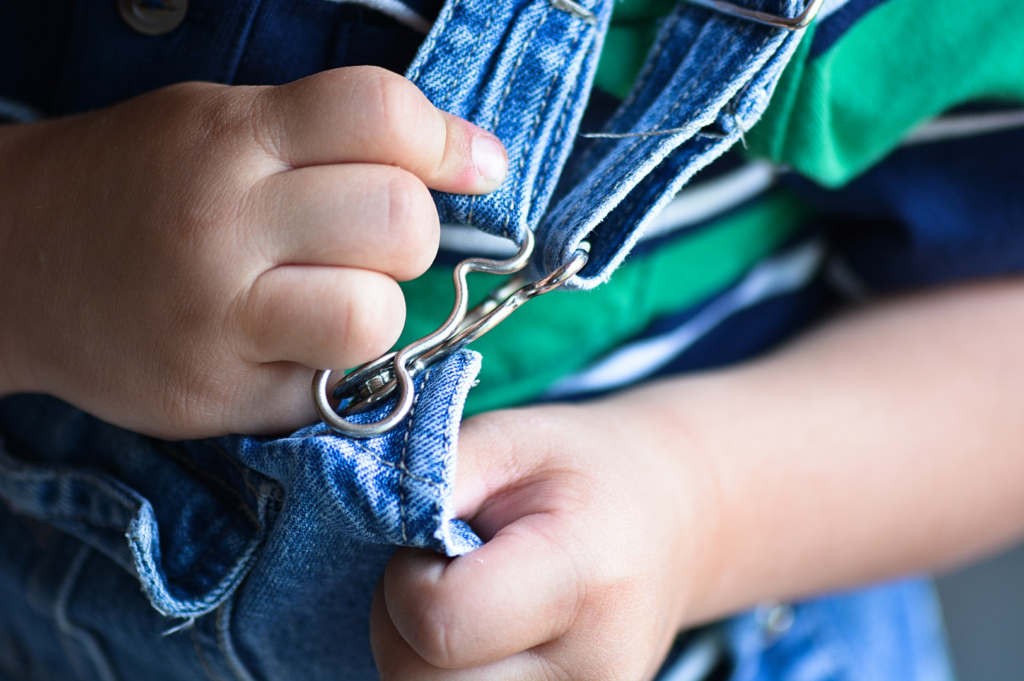
The first step is to start with simple clothing items that are easy to put on and take-off. This may include t-shirts, shorts, and skirts, all of which can be quickly mastered by the toddler. Ensure that, initially, you select clothing items that are loose and easy to manipulate. Tight-fitting clothes will make it difficult for toddlers to dress themselves, and this may lead to frustration and disinterest.
Use Visuals to Show Steps
Visuals are an excellent tool to help toddlers learn how to dress themselves. You can use posters, pictures, or illustrations that show the steps of dressing, from identifying the clothing item to matching the top and bottom. These visuals should be hung on the wardrobe or dresser, where toddlers can view them easily. As they become more proficient, you can reduce the number of visuals or remove them altogether.
Teach Durable Clothes First
Start with durable clothes that won’t tear quickly or break easily. When toddlers are learning to dress themselves, they may accidentally pull, tug or twist the clothing items. This means that they must start with clothing items that are sturdy, as they will withstand regular handling. Examples of durable fabrics are jeans, sweatpants, and cotton dresses.

Let Them Pick Out Their Clothes
Allow toddlers to pick out their own clothes from the wardrobe. Giving toddlers the independence to select their clothing can foster their independence and encourage their preference for different styles. Having a choice of what to wear, enables the children to feel a sense of control over their dressing, making the dressing process enjoyable and exciting.
Breakdown the Task into Small Steps
It’s essential to break the task of dressing into smaller, simple to follow steps to help toddlers learn more efficiently. For example, you can start with teaching toddlers how to put on socks, then progress onto pants and so on. By breaking it down, toddlers can focus on the individual steps, thereby making the process less intimidating.

Use Colours and Labels
Colours are an excellent tool for teaching toddlers how to dress themselves. Encourage toddlers to match the colours of their clothing items, shirts and vests, socks, and trousers. You can use labels to identify the front and back of clothing items to remove confusion. This aids in their learning process and comprehension of clothing item functions.
Encourage Patience and Persistence
Learning to dress is a process that requires perseverance and patience. Encourage toddlers to practice and give them opportunities to try to accomplish the task independently. Praising and rewarding them for their efforts and progress can increase their motivation and confidence to continue trying.

Practice Makes Perfect
Like learning any other skill, practice makes perfect in the context of dressing oneself. Encourage toddlers to take off and put on their outfits multiple times a day. Also, tasks like fastening buttons, kippering and tying shoelaces should also be practised regularly to ensure proficiency.
Teaching toddlers how to dress themselves can be an exciting and fun activity. As nannies, by utilising these methods and techniques, parents look to you to ensure their toddlers achieve this fundamental step in their growth towards independence. Starting with simple and easy to put on clothing items, using visuals to educate them, teaching durable clothing items first, breaking down the task into manageable steps, allowing for colours and labels, focusing on persistence and practice, and encouraging their independence helps to create an enhanced learning process for toddlers.
Learning how to dress is an essential skill and an investment in their independence and esteem. Nannies play an essential role in introducing these skills to children during childhood, which can inspire their growth and development into adulthood. By encouraging and motivating toddlers to practice dressing themselves, nannies can assist them in mastering this milestone of independence.
Independence is a highly prized skill in many theories of early years’ education, and particularly in Montessori education. If you’d like to find out more about various approaches to early years care and education and what each approach believes and values then we have a whole course that tackles some of the most well-known theories; Alternative Approaches to Early Years Care and Education gives in depth teaching of several different approaches, and then teaches you how to practically apply some of these ideas in your work with families.
